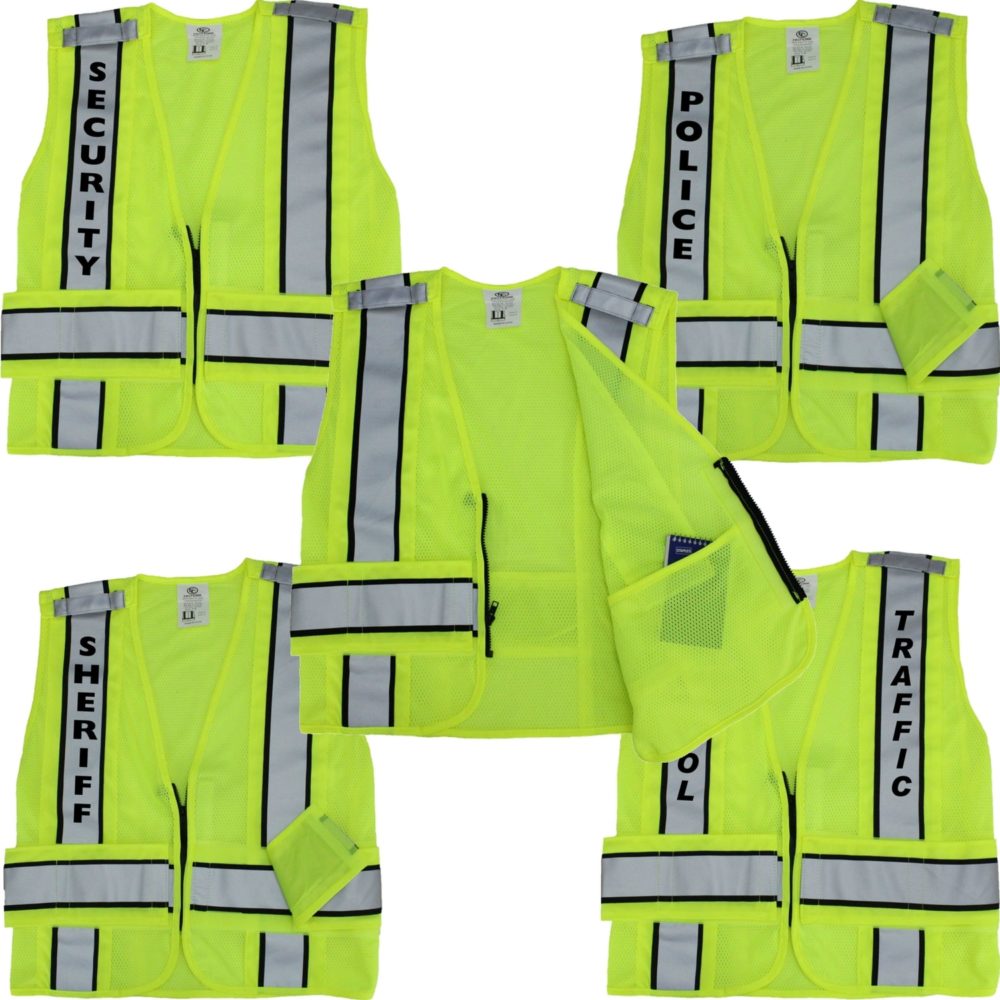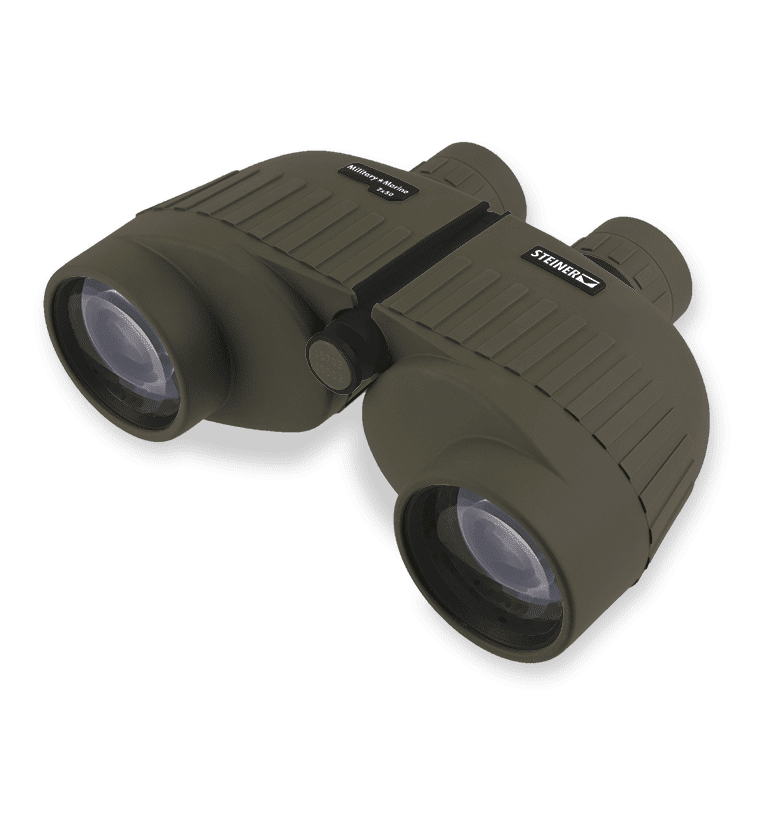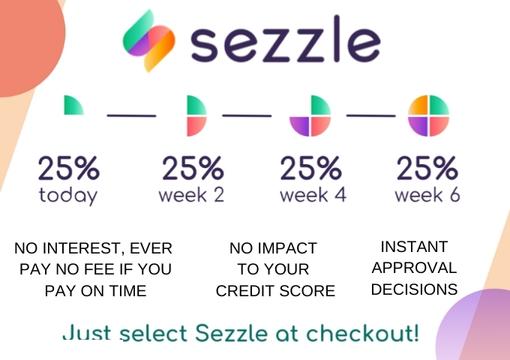
AI and the Future for Private Security Guards: Embracing the Technological Shift
Artificial intelligence (AI) is playing an increasingly important role in the security industry, with advancements in technology and tools providing new ways to maintain safety and protect property. Evolving AI-driven systems, such as video monitoring, image data analysis, and autonomous robots, are enhancing the capabilities of traditional security methods and the work of security guards on-site. While AI is expected to have a significant impact on the future of private security services, it is not anticipated to completely replace human guards anytime soon.
As cybersecurity and AI technologies continue to develop, the security industry is seeing a growth in the use of AI to accelerate detection, containment, and response measures. Adaptive learning and pattern recognition capabilities enable AI to assist security guards in identifying potential threats and vulnerabilities more proactively. This collaboration between AI and human personnel could lead to a more efficient and effective security ecosystem in the coming years.
In addition to enhancing the security profession's technical aspects, AI is bringing about a human-centered approach through autonomous robots capable of recognizing people in distress and initiating assistance. As the technology progresses, it is crucial for the industry to strike the right balance between leveraging AI's capabilities and preserving the human touch that security guards offer. This concerted effort will help ensure the continued success and adaptation of the private security sector in an increasingly digital world.
AI and Physical Security
In the future, AI technology will play a significant role in enhancing physical security measures. By utilizing advanced algorithms and machine learning capabilities, security companies can better monitor environments, recognize individuals, deploy robotic assistance, and support human security guards in performing their tasks more effectively. This section will discuss several aspects of AI in physical security, including Surveillance and Monitoring, Facial Recognition, Robotics and Autonomous Security, and AI-Assisted Security Guards.
Surveillance and Monitoring
AI-powered surveillance systems are becoming more common, thanks to their ability to analyze video feeds in real time, identify patterns, and detect threats. With the integration of intelligent video analytics, these systems can promptly detect unusual activities and send alerts to the human security teams. The constant advancements in image processing and machine learning help improve the accuracy of such systems, reducing false alarms and enabling security personnel to respond more effectively to incidents.
Facial Recognition
Facial recognition is another AI-driven technology that is revolutionizing physical security by providing an additional layer of identification. By utilizing AI algorithms for pattern recognition, facial recognition systems can quickly and accurately identify people based on their facial features. This technology is useful in various settings, such as visitor management and physical access control, where it can help mitigate risks associated with unauthorized access or tailgating.
Robotics and Autonomous Security
Robotics and autonomous security systems offer significant benefits in the field of physical security. These AI-powered devices can perform tasks such as patrolling, monitoring, and reporting incidents more efficiently. They are also capable of working in environments that may be hazardous or challenging for human security personnel, such as extreme temperatures, high altitudes, or toxic conditions. The combination of robotics and AI technology provides enhanced situational awareness, faster response times, and increased safety measures for both people and the environment.
AI-Assisted Security Guards
AI will have a direct impact on the roles and capabilities of human security guards. By leveraging AI technology for threat detection and pattern recognition, security guards can become more efficient and productive in their tasks. AI-assisted security guards will be able to access real-time data and insights from various sources, which can aid them in making informed decisions and responding more effectively to incidents. Moreover, this can enable them to focus on more strategic tasks, such as crisis management and threat analysis, while AI-driven systems take care of routine duties.
Private Security Industry Transformation
The private security industry is undergoing a significant transformation with the integration of AI technology and advanced monitoring systems. Companies like Ring and Nest are already using AI to enhance home and business security with automated products which help monitor, protect, and identify potential threats. The future of the security industry is likely to be heavily influenced by AI advancements and the adoption of new technologies.
One key area AI is improving is surveillance, enabling security guards and police to effectively track and monitor activities, properties, and vehicles. This has been facilitated by the development of cutting-edge security technology, like sensors and cameras that can detect unusual patterns and behavior. The continued adoption of AI in security services enhances the capabilities of security patrol and real-time response to potential threats.
AI-powered technology is not only limited to equipment, but also extends to robots that can autonomously patrol properties and monitor for suspicious activities. Aside from supporting traditional security guards in their duties, these robots often have built-in components that can help detect potential intruders, gather real-time footage, and even deploy resources in the event of a security breach.
New technology also demands that security officers undergo updated education and training programs focusing on the role of AI and robotics in the industry. This will help them better understand and adapt to the emerging trends, ensuring that they provide top-notch security services to clients.
The adoption of AI technology in private security has caught the attention of governments and organizations such as NATO, which are closely following its development in different sectors. However, the integration of AI introduces new challenges and risks, like combating potential hackers who may try to compromise AI-powered systems.
In summary, the private security industry is transforming rapidly with the integration of AI technology and advanced monitoring systems. Companies need to prepare and adapt to these changes by investing in state-of-the-art equipment, workforce training, and collaborations with other security firms to enhance the effectiveness and reliability of their security solutions.
Innovative Security Products
As technology advances, the private security industry is also evolving with the integration of artificial intelligence (AI) into various security products. This transformation is enhancing the capabilities of security systems and providing more efficient ways to monitor and protect property.
AI-powered cameras are now being utilized in surveillance systems, allowing security personnel to automatically detect and identify objects, people, and activities. These cameras can analyze large amounts of data, identify patterns, and detect anomalies, thus improving the overall effectiveness of security operations.
Another emerging product in the security industry is the use of AI-powered robots or ROGs (Robotic Operating Guides). These robots can patrol premises autonomously, while providing real-time data and alerts to security teams. Their advanced sensors and self-navigation capabilities allow them to operate in a variety of environments, making them a valuable asset for security professionals.
In addition to cameras and ROGs, innovative lighting systems play a critical role in enhancing security measures. Bright, energy-efficient LED lights with built-in motion sensors can act as an effective deterrent for intruders, while also reducing energy costs for property owners.
Meanwhile, AI-enhanced audio systems are being developed to detect and localize abnormal sounds or incidents, such as glass breaking or verbal altercations. By analyzing these audio signals, security personnel can quickly identify potential concerns and take appropriate action.
Blanket surveillance technologies are also on the rise, incorporating AI into large area monitoring solutions. Drones equipped with high-resolution cameras and sensors can scan expansive areas, capturing image data in real-time. This allows security teams to quickly assess situations and respond proactively, delivering a comprehensive approach to managing security risks.
In summary, the integration of AI into various security products is revolutionizing the private security industry by offering more effective ways to monitor and protect properties. With each new innovation, security professionals are better equipped to respond to challenges and provide a safer environment for their clients.
Challenges and Opportunities
The future of private security guards is inextricably connected to advances in artificial intelligence (AI). A number of challenges and opportunities arise from this connection, particularly from developments in machine learning and cloud computing.
Adoption of AI technologies, such as machine learning algorithms, can help security organizations to identify patterns and distinguish potential threats more effectively. By incorporating technology such as cameras and other sensors, these algorithms enable security personnel to respond to threats with better precision and accuracy. However, the increased reliance on AI also exposes potential vulnerabilities, including risks of fraud and data breaches, which both security companies and their clients must address. Regulatory challenges may also arise as governments seek to maintain national security while fostering innovation.
One opportunity for the private security industry is the emerging technology of autonomous systems. These solutions, which include drones and robotic security guards, have the potential to transform the marketplace and open doors for new services. Incorporating these autonomous technologies can help to augment the work of human security guards, who will play a crucial role in monitoring and controlling these systems, ensuring a seamless and effective security operation.
The rise of smart security devices also presents an opportunity for large organizations to harness the power of AI. By utilizing chatbots and automation, businesses can more effectively manage access controls, receive immediate alerts about potential threats, and monitor the safety of their premises in real-time.
As AI continues to advance, collaboration among security organizations, researchers and governments will be essential. The development of AI technologies must be coupled with robust efforts to address risks, ensure the responsible deployment of these capabilities, and create legal and regulatory frameworks that accommodate rapid technological changes. Sharing of best practices, learning from one another, and tackling challenges together will be key to navigating these changes.
In conclusion, AI presents both challenges and opportunities for the future of private security guards. By leveraging innovations such as machine learning and autonomous systems, and addressing potential vulnerabilities collaboratively, the security industry can continue to protect and support both businesses and individuals in an ever-evolving technological landscape.
Implications on Security Personnel
Artificial Intelligence (AI) is becoming increasingly prominent in the private security industry. Its adoption has the potential to significantly impact security personnel and their roles in various aspects like quality of life, efficiency, and training.
The integration of AI technologies can enhance the efficiency of security personnel. By deploying advanced AI-driven surveillance and monitoring systems, personnel can analyze vast amounts of data from cameras, sensors, and other devices more quickly and accurately. This allows for better identification of patterns, anomaly detection, and instant response to potential threats. As a result, security guards can focus on more critical tasks while relying on AI to process routine data.
Quality of life for security personnel could improve as a result of AI implementation. AI-powered devices, such as those from Eufy, Nest, and Ring, provide automated security solutions that can aid in making workplaces safer. This means that security personnel may face fewer hazardous situations, allowing them to work in safer environments. Additionally, the integration of AI could lead to more flexible work schedules, as some tasks previously requiring constant human presence can now be automated.
When it comes to training, AI can greatly enhance the skillset of security personnel. With the growing complexity of security systems, the role of security guards is changing rapidly. AI-driven training programs can help security guards adapt to new technologies and learn how to better handle complex situations. Moreover, AI can be used to personalize and optimize training programs based on the individual strengths and weaknesses of each security professional.
In conclusion, the adoption of Artificial Intelligence in the private security industry has the potential to bring about significant positive changes for security personnel. By improving efficiency, quality of life, and training, AI can directly enhance the working conditions for security professionals, while ensuring robust security measures are implemented throughout the industry.
Global Perspectives on AI and Private Security
AI is significantly affecting various fields around the world, including the private security industry. In countries like the United States and China, the adoption of AI in security services has grown considerably. Governments and organizations that recognize the potential of AI for enhancing security measures have started investing in the technology.
In the United States, the Bureau of Labor Statistics (BLS) projects a 6.5 percent growth in the investigation and security services sector between 2019 and 2029. This growth rate is faster than the average of 3.7 percent for all workers in all industries. The use of AI in the private security industry can enhance the efficiency, accuracy, and decision-making capabilities of security personnel.
In China, there has been a rapid growth in AI technology adoption for security purposes. The Chinese government is supporting the integration of AI in areas such as facial recognition, surveillance, and cyber defense. Given China's technological advancements, AI-powered security systems are becoming more prevalent in various public and private spaces.
Governments around the world acknowledge the importance of AI in bolstering national security. By employing AI technology for tasks like forecasting potential threats, pattern recognition, and data analysis, countries have an opportunity to proactively address security challenges.
AI is capable of bridging the gap between human decision-making and automated response in real-time. This can revolutionize the way security guards work, making them more effective in deterring and preventing criminal activities. For instance, AI systems can analyze vast amounts of data and identify patterns that lead to predictive insights. This would enable security professionals to take necessary actions before a situation escalates.
In conclusion, the global adoption of AI in private security has been widely recognized by major entities such as the United States, China, and various governments. Understanding the role of AI in enhancing security measures allows for better decision-making and more effective use of resources, ultimately leading to a safer world.
Frequently Asked Questions
How will AI integration impact private security guard roles?
The integration of AI technology in the private security industry is expected to reshape the roles of security guards. Tasks that were once reliant solely on human observation or decision-making will now involve machines and algorithms, often improving efficiency and accuracy. Security guards may find themselves working alongside AI-driven systems, such as video monitoring and drone surveillance, or adopting additional responsibilities that complement AI-enhanced security solutions.
To what extent can AI improve security measures?
AI holds significant potential for enhancing security measures by automating tasks, analyzing large volumes of data, and identifying patterns and anomalies that are difficult for humans to discern. Some examples of AI applications in the security industry include facial recognition, motion detection, and behavior analysis (source). However, the effectiveness of AI in improving security measures largely depends on the quality of the algorithms, data input, and the system's ability to learn from real-world scenarios.
What new job opportunities will emerge from AI in private security?
As AI technology advances, new job opportunities in the private security industry will likely emerge. These may include roles in AI system management and maintenance, data analysis, cybersecurity, as well as training security personnel to effectively operate AI-driven systems. Developing AI solutions designed specifically for private security applications may also create job opportunities for software engineers and developers (source).
Can AI and human security guards function collaboratively?
AI and human security guards can indeed function collaboratively to enhance overall security. AI-powered systems can handle large volumes of data and automate tasks that allow human guards to focus on more complex, situation-specific decisions. Effective collaboration between human guards and AI will require ongoing training and communication, as well as defining roles and responsibilities for each party.
What limitations does AI face in the security industry?
AI technology is not without limitations in the security industry. AI-driven systems can fall short in interpreting complex social interactions, detecting nonverbal cues, or understanding human emotions. Moreover, AI systems may be vulnerable to external interference or cyber threats if not properly secured. Another concern is the potential for biased algorithms, which can misinterpret or overgeneralize information and lead to false positives or negatives (source).
Which specific AI technologies are most relevant for private security guards?
There are several AI technologies relevant for private security guards, including facial recognition, behavior and motion detection, and object recognition. Additionally, AI-powered drones and robots can be employed for surveillance purposes or to assess high-risk areas more safely. The ongoing integration of AI with current security technologies and practices will likely lead to the emergence of even more specialized AI applications designed to support and enhance the work of private security guards.


















